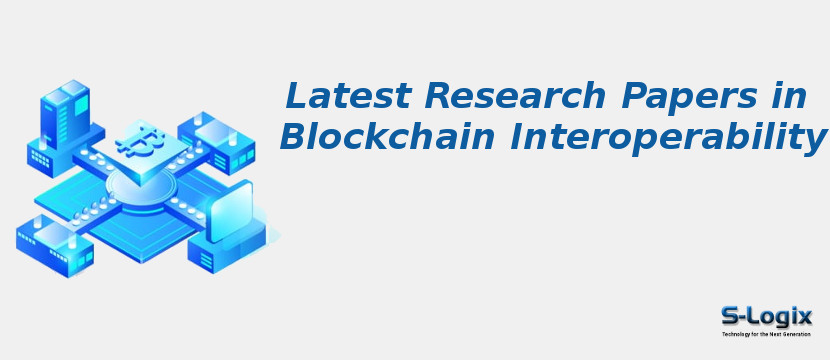Blockchain interoperability is a growing research area that focuses on enabling seamless communication, data exchange, and transaction execution across heterogeneous blockchain networks. Traditional blockchains operate as isolated systems, limiting cross-chain asset transfers, decentralized applications, and collaborative ecosystems. Research explores protocols and frameworks such as cross-chain bridges, sidechains, relay chains, atomic swaps, and interoperability standards to facilitate secure, efficient, and trustless interactions between different blockchains. Recent studies investigate layer-2 solutions, blockchain-agnostic smart contracts, and decentralized exchange mechanisms to improve scalability, reliability, and security. Applications span decentralized finance (DeFi), supply chain management, healthcare data sharing, IoT networks, and multi-chain enterprise systems. Current research also addresses challenges like security vulnerabilities, latency, consensus alignment, governance, and regulatory compliance, establishing blockchain interoperability as a critical enabler for integrated, scalable, and collaborative decentralized ecosystems.
